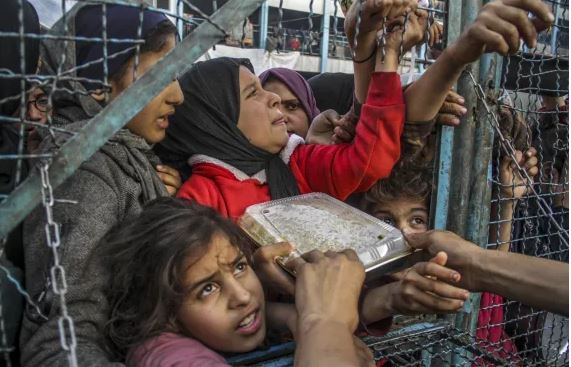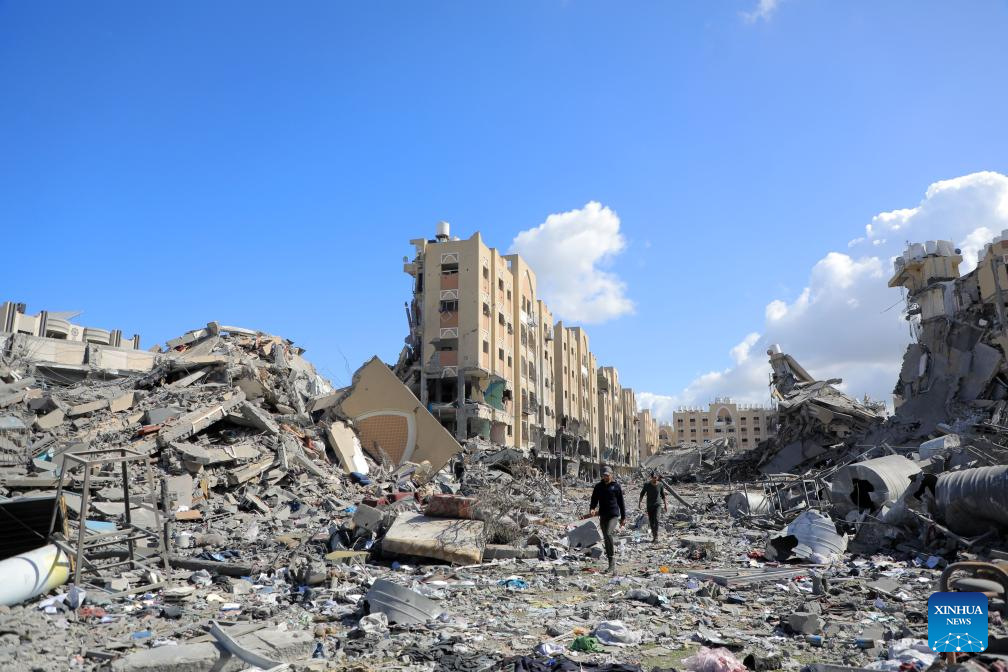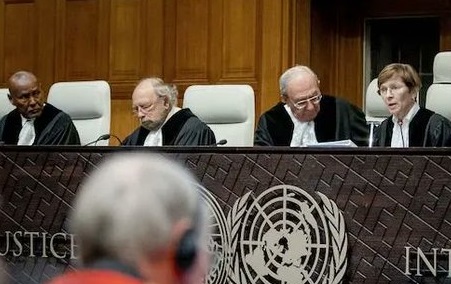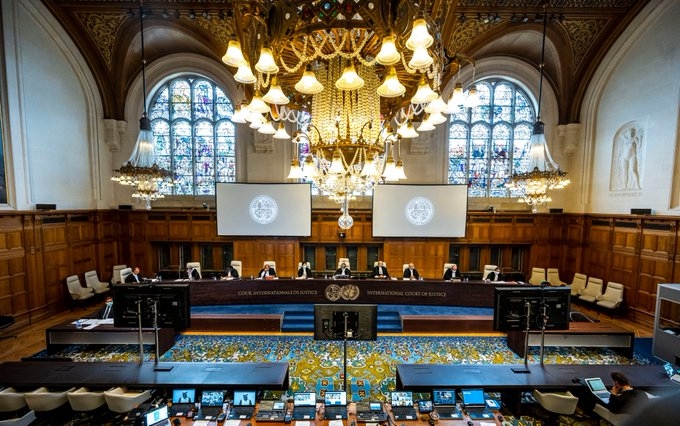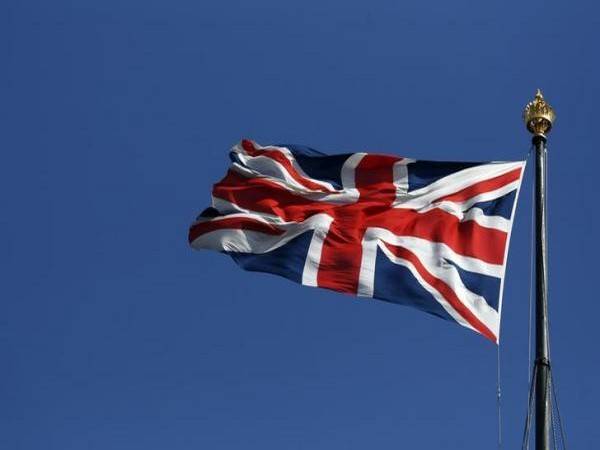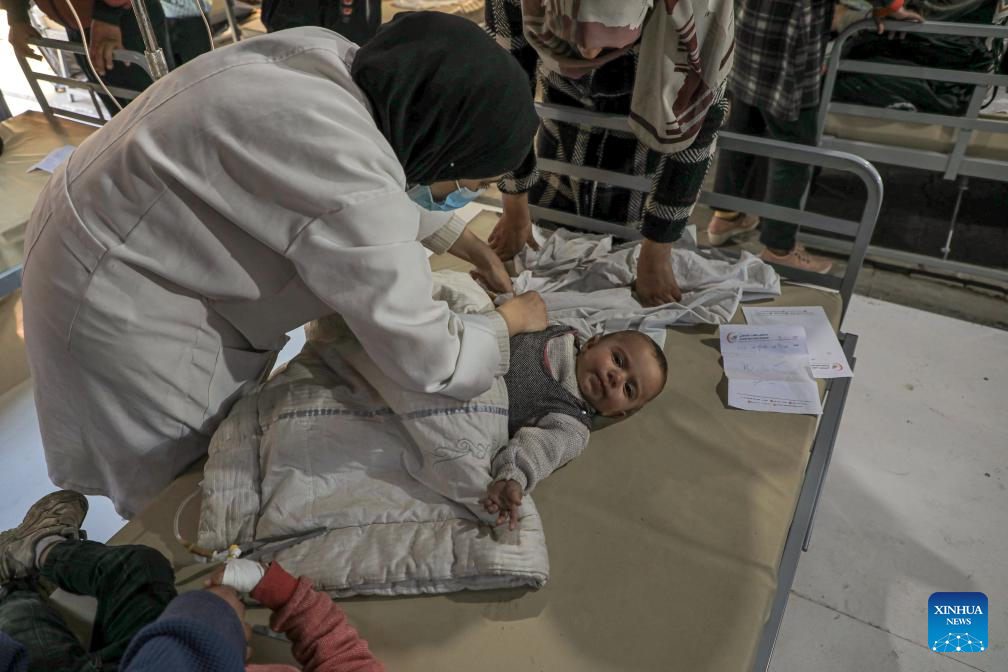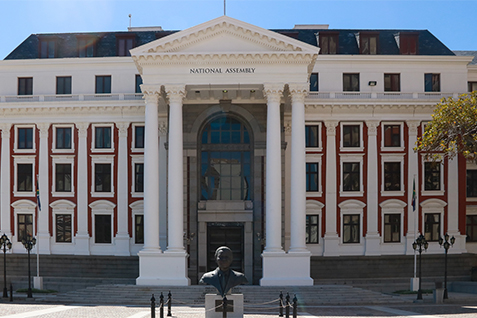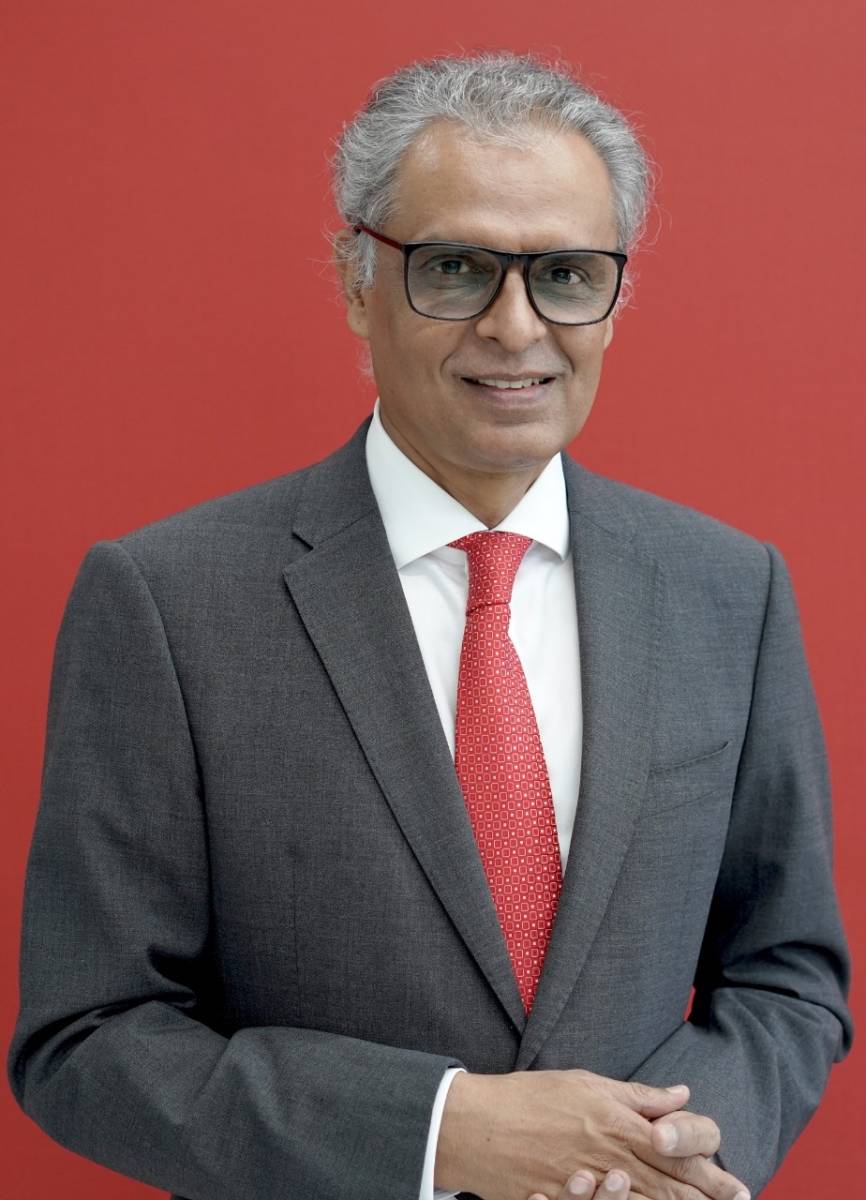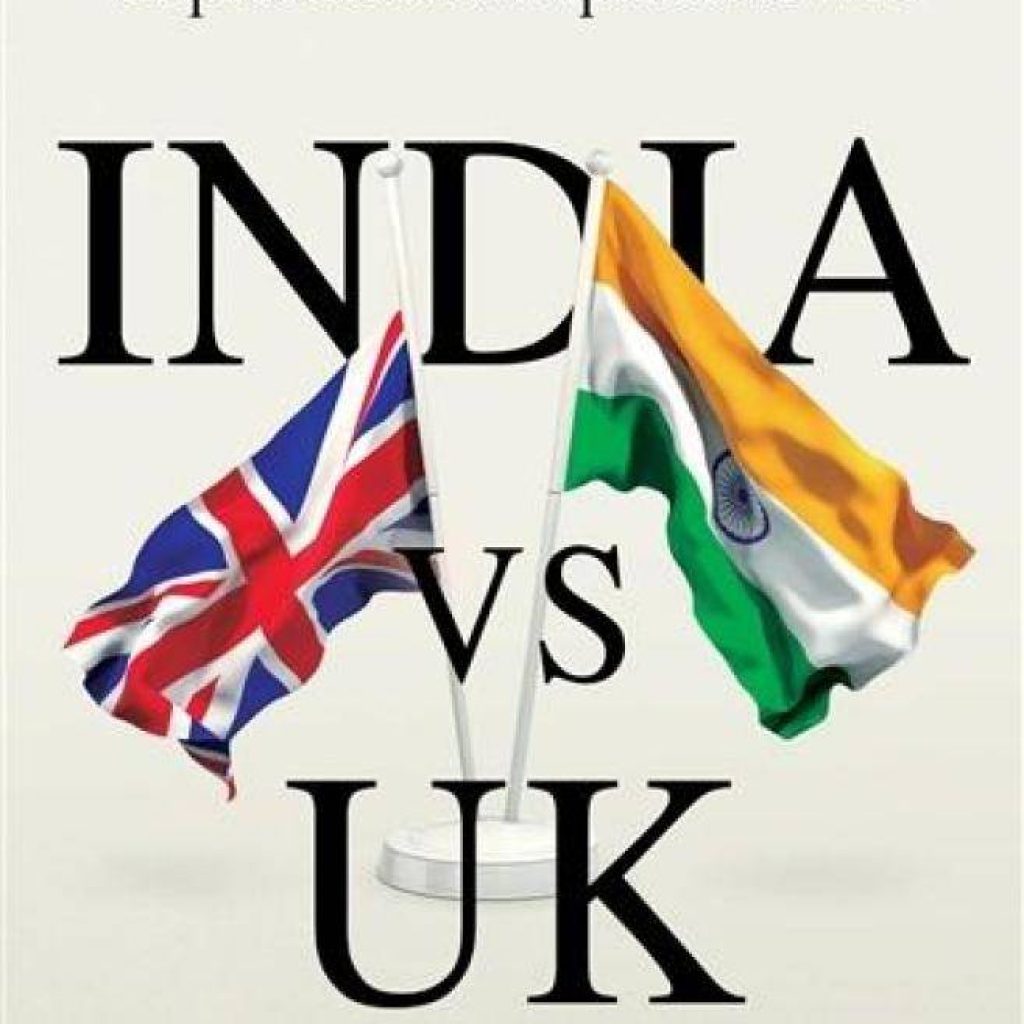The ruling is an addition to a January 26 verdict, in which the ICJ ordered Israel to take all possible measures to prevent acts of genocide against Palestinians in the Gaza Strip…reports Asian Lite News
The International Court of Justice (ICJ) in The Hague has ordered Israel to do whatever is necessary to ensure that basic aid reaches the Palestinian population in the Gaza Strip.
“Israel should take all necessary and effective measures to ensure, without delay, in full cooperation with the United Nations, the unhindered provision at scale by all concerned of urgently needed basic services and humanitarian assistance,” the ICJ said on Thursday in its ruling.
These include “food, water, electricity, fuel, shelter, clothing, hygiene and sanitation requirements, as well as medical supplies and medical care to Palestinians throughout Gaza, including by increasing the capacity and number of land crossing points and maintaining them open for as long as necessary”.
The ruling is an addition to a January 26 verdict, in which the ICJ ordered Israel to take all possible measures to prevent acts of genocide against Palestinians in the Gaza Strip, to halt incitement against Palestinians as a group, to preserve evidence and to take immediate measures to ensure humanitarian aid, Xinhua news agency reported.
On December 29, 2023, South Africa filed an application to the ICJ for proceedings against Israel concerning alleged violations of its obligations under the 1948 Genocide Convention in relation to Palestinians in the Gaza Strip.
In the current view of the court, the provisional measures indicated in that order of January 26 do not fully address the consequences arising from the changes on the ground. Therefore, the Court determined that modifications to these measures were justified.
The court said that since that ruling, “the catastrophic living conditions of the Palestinians in the Gaza Strip have deteriorated further, in particular, in view of the prolonged and widespread deprivation of food and other basic necessities to which the Palestinians in the Gaza Strip have been subjected.”
“Palestinians in Gaza are no longer facing only a risk of famine, as noted in the order, but that famine is setting in,” it added.
Birds of Goodness
The Joint Operations Command of the Ministry of Defence announced the implementation of the 17th airdrop of humanitarian and relief aid as part of the “Birds of Goodness” operation.
Two C17 aircraft belonging to the UAE Air Force and a C130 aircraft belonging to the Egyptian Air Force participated in the airdrop operation.
The airdrop was carried out over inaccessible isolated areas in the northern Gaza Strip via three aircraft carrying 79 tonnes of food and relief aid, bringing the total amount of aid airdrops to 743 tonnes since the beginning of the operation.
The Birds of Goodness operation is part of “Operation Chivalrous Knight 3” to support Palestinian people in the Gaza Strip.
ALSO READ: UAE condemns Israeli seizure of land in Jordan Valley

